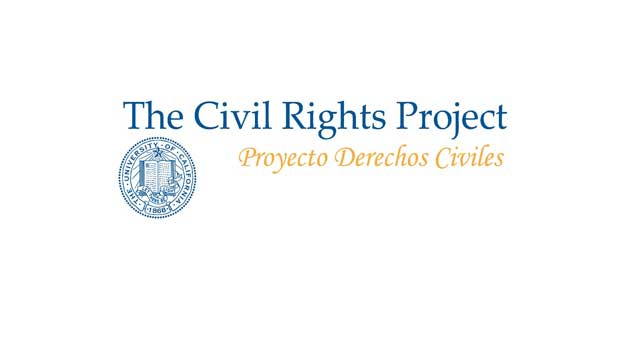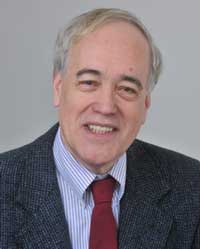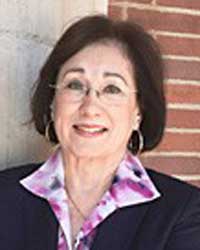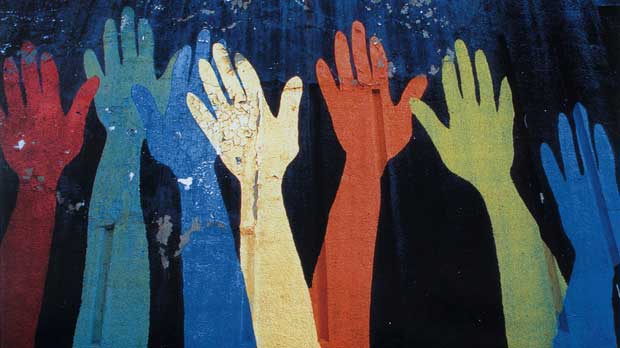
By Alexandra Fradelizio | m/Oppenheim Media Writer
For over 20 years, The Civil Rights Project/Proyecto Derechos Civilies has worked diligently to shape and change policies that have contributed to the framework of the United States. The organization is centered on providing academic-based research to the public and has published over 500 studies on the effects of racial inequality. Due to its contributions to major social justice decisions, The Civil Rights Project is a testament to the power of academia and how it can emphatically change communities.

“The whole idea of the project was to create a new generation of knowledge for the civil rights movement and to engage the best scholars in the United States in thinking about what could be done,” said Co-Director Gary Orfield.
“It’s designed to change the country. It’s designed to inform people about things that they may or may not want to hear about but they need to think about.”
The organization was first founded by Orfield and his colleague Christoper Edley at Harvard University when both California and Texas ended affirmative action. The two founded the organization in order “to help the academic world have a voice” in policy-making and create equal opportunities for all individuals living in America, Orfield explained. However, when the university failed to provide resources and support 12 years ago, The Civil Rights Project moved to the University of California, Los Angeles and added the Spanish translation of the organization’s name to reflect the diversity of the state. Today, The Civil Rights Project continues to publish reports directed at informing communities and is cited by lawmakers in numerous court decisions and bills.

“We’re a research organization,” explained Co-Director Patricia Gandara.
“With the work that we do, we speak to policymakers, almost primarily, to give them the kind of information they need to make intelligent decisions.”
The research conducted by The Civil Rights Project on education has been especially poignant. Previous studies published by the organization explore the negative impacts of segregation on both students and educational institutions and combine both social science and law to influence legal decision making. Besides conducting research on the various sources of discrimination within education, a study on the economic value of bilingualism spearheaded by the organization translated to the reestablishment of a bilingual education for students in California schools.
“We’re the prime defenders of public education,” stated Gandara.
“We’re trying to expand the discussion and create the discussion about what actually needs to be done for our society to work as a massively interracial society,” Orfield added.
In addition to publishing research in academic journals as a way to change policies, The Civil Rights Project also translates policies that can be accessed and understood by the general public. Free reports on the organization’s studies are available online and are used in classrooms across the country.
Gandara and Orfield have experience in the legislature and Congress respectively, and both understand how the research gathered by their organization can be used within court proceedings. Prior to joining The Civil Rights Project at UCLA, Gandara directed research on education within the California legislature and eventually began a policy center at the University of California, Davis. As co-directors, Gandara and Orfield unite scholars with policy makers from both sides of the government to address and solve current social issues.
“Our goal is to really help change the whole society for the better or help the society change itself by providing much better information,” explained Orfield.
“We’re interested in more than just traditional civil rights issues. We’re interested in emerging ones.”

With California becoming more multiracial, Gandara and Orfield seek to change laws and policies based on new research. In particular, they aim to diminish educational gaps, especially at the college level, and continue to promote the education of students of color in order to create a more unified society.
“We’ve become convinced over time that the only way to really break the back of school desegregation is to get cities, communities, and city planners involved in this as well,” said Gandara.
Through their continuous collection of research and data, The Civil Rights Project is transcending political lines to solve social issues and improve the lives of those in California and across the country.
“It’s not just a question of being nice or being even just. It’s a question of being sensible and figuring out a way for a society like ours to merge,” stated Orfield.
“We could be moving to a new period.”
Learn more about The Civil Rights Project/Proyecto Derechos Civiles at UCLA and Donate.
